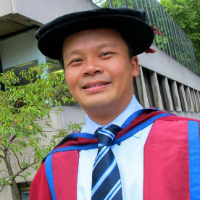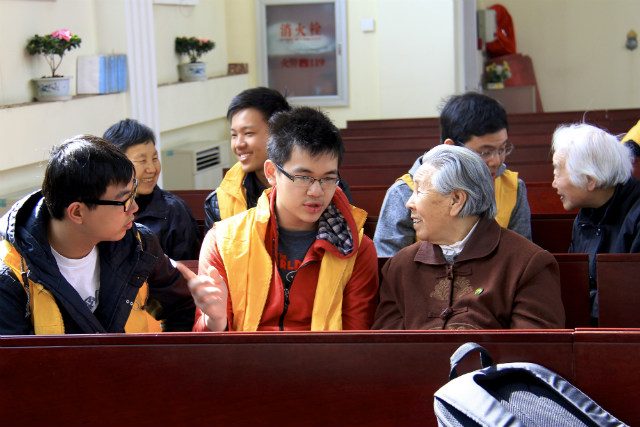SUMMARY
This is AI generated summarization, which may have errors. For context, always refer to the full article.
 Xavier School is probably the only high school in the Philippines that brings more than 300 students to China during the academic year.
Xavier School is probably the only high school in the Philippines that brings more than 300 students to China during the academic year.
Unlike summer programs that are not academically credited, the Xavier China Experience (XCE) takes place during the 3rd academic quarter in November. Full credit is given for intensive Chinese and the other regular subjects. Teachers in our partner institutions handle the Chinese classes, and our own team of Xavier teachers accompany the students to China to serve as both teachers and supervisors of mentoring groups.
On top of academics, each XCE includes special trips to highlight particular aspects of China’s development. The youngest group in Grade 8 has been going to South China (Guangzhou and Fujian) to “trace their roots” and to undergo character formation. The Grade 10 boys go to Yunnan and experience the richness and diversity of China’s cultural minorities and natural wonders. The Seniors stay in Beijing and visit Shanghai to experience both ancient and contemporary China.
After 10 years of experience organizing XCE, it is now a required program at Xavier School. All students are expected to participate at least once in the course of their high school education. Financial aid is available for those who need it. This just goes to show that XCE is now a hallmark of Xavier education.
In recent years, each time we orient parents about the program, we have been asked whether we should rethink the trip given the tense relationship between the governments of China and the Philippines. The dispute over the West Philippine Sea (South China Sea) has made it easy for media in each country to paint a negative picture of the other side, and parents wonder whether their children will be discriminated against in China, whether the students will be safe there.
My answer to these valid concerns is that precisely because the governments of our two countries are in a very tense relationship, ordinary people like us should help defuse the tension through people-to-people exchanges that humanize both sides.

Confused about our loyalties?
We never talk politics with our Chinese hosts. In all 3 cities where we run our programs, we are treated very well and no expense is ever spared to look after our students. When we bring the students on tours, local people talk to us and are pleasantly surprised to know that we are from Manila and can speak some Chinese.
One time, I was on a small ferry boat bringing our students to Shangchuan, the island where St Francis Xavier died, and a local man asked me some questions about our group. Our brief conversation ended with him saying, “How wonderful that despite the trouble between our countries, you still come here to learn. I wish you all well.”
In fact, Xavier students can go anywhere “to learn,” but there is no replacement for China. Majority of our students come from Chinese-Filipino families that trace their roots to South Fujian. We learn Mandarin in school and need as many opportunities as possible to speak the language in a natural environment. We help our country in a small way by showing the Chinese people we encounter that there is more to the Philippines than the sea dispute.
We have numerous friends in China, including the many teachers who come to our school for teaching stints. Once they visit us, they fall in love with our pristine beaches, the warmth and the joy of our people.
Do our close ties with China mean that we are confused about our loyalties? Every so often there are voices suggesting that Chinese Filipinos will side with China in the event of war. This is truly unfortunate, because there is no doubt in our minds that we are Filipinos who love this country. Our engagement with China is a fidelity to our historicity as ethnic Chinese. It is not a political position.
On June 9, the Philippines and China mark 40 years of diplomatic relations. In fact, however, our peoples have been trading for more than 10 centuries. Most Chinese (distinguished from new immigrants) have become Filipinos, and we who fall under this category will do our best to continue being human bridges of peace and understanding. – Rappler.com
Father Ari C. Dy, SJ, is president of the Xavier School, a Chinese-Filipino Jesuit school with campuses in San Juan, Metro Manila, and Nuvali, Laguna. He holds a doctorate in the Study of Religions from the University of London’s School of Oriental and African Studies, with a dissertation on Chinese Buddhism in the Philippines. He is the author of numerous publications on Chinese-Filipino culture.
Add a comment
How does this make you feel?
There are no comments yet. Add your comment to start the conversation.